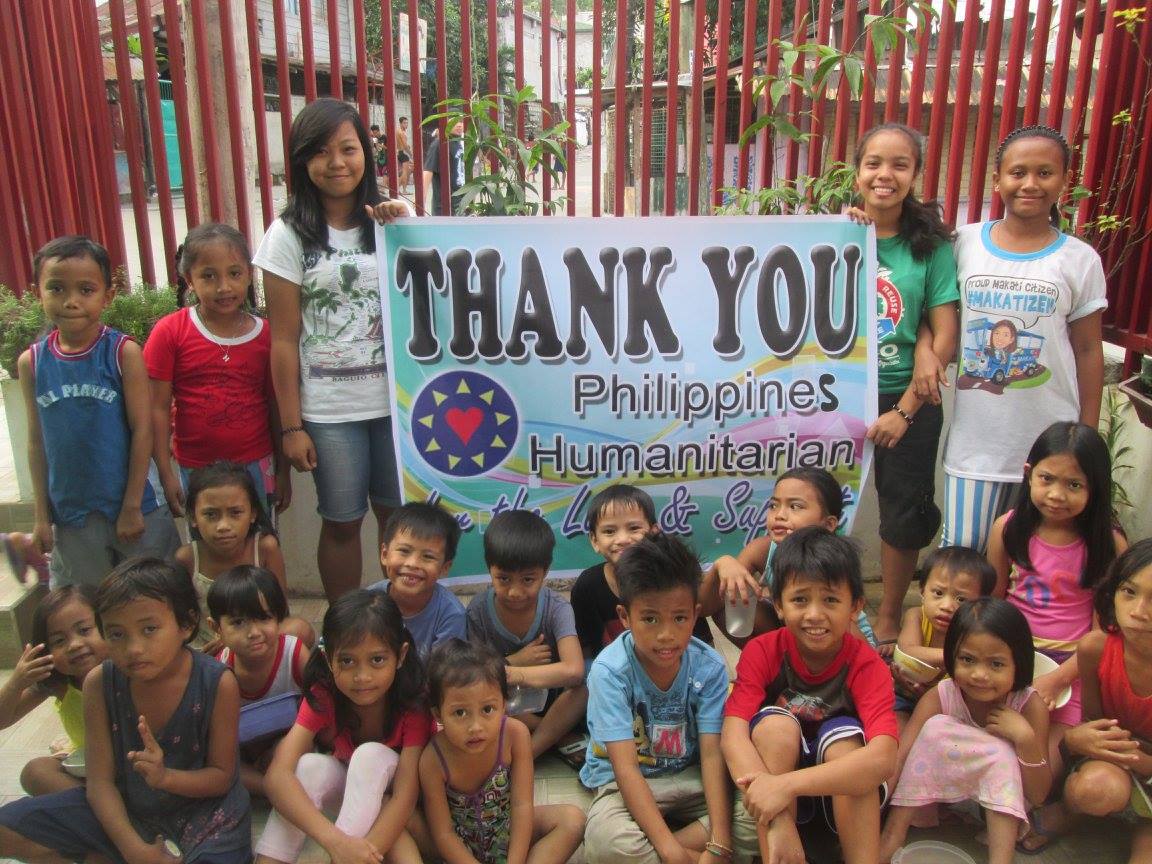
It’s been nearly 10 years since my last visit to the Philippines and a lot of things have changed in 2017. And a lot of things have not.
In 2008, I returned to my homeland for the first time since we left for the US in 1971. I made the trip with my parents, who patiently helped me navigate this big city, the 4th most densely populated in the world (according to United Nations Habitat Data). There are almost 15,000 people per square kilometer in Manila; Salt Lake City proper has a little over 1,000. In 2017, I was understandably quite apprehensive about traveling alone without my parents. To my delight, however, it seemed every person living in this very crowded city was happy, polite and incredibly hospitable. That, thankfully, has not changed. I felt welcomed and embraced by my fellow Filipinos everywhere I went.
In 2008, we stayed at my uncle’s house in Metro Manila where I grew up. Since then, however, most of my close relatives are scattered throughout the Philippines or are now living in the US. So on this trip, I stayed at a nice hotel in Metro Manila, a short 30-minute drive to Payatas but a whole world away from the daily challenges of living in extreme poverty.
Driving into Payatas, a place where some taxis will actually refuse to take you, all of your senses are immediately alerted that you’ve just arrived in the largest open dumpsite in the Philippines. This is where many children in our program were born and continue to live with their families. This is also where Kapatidkita Mahalkita Foundation (KMF), the Non-Governmental Organization (NGO) that we partner with to manage our humanitarian efforts in Payatas, has a small office. As we got closer to the KMF office, I started to see a sea of green, which turned out to be our sponsored students all wearing green T-shirts lined up in the street in front of the office to greet me – all 167 of them! What a beautiful sight! That number has definitely changed. When my mother started helping this community on her own over 15 years ago, there were 12 students being sponsored. Now, we have students at every school level working towards completing their education with the goal of getting a four-year college degree and, eventually, a well-paying job to help their families and their community.
I spent one week working every day with our KMF team, visiting the homes of some of our students, talking to parents, teaching a tutorial on the English language, helping with the Feeding Program and conferring with Eva Aquino, our Program Director, to evaluate the programs Philippines Humanitarian is funding. It was an eye-opening trip. Although the programs we currently fund undoubtedly help us accomplish our goal to help end the cycle of poverty by educating children in the most destitute areas of the Philippines, there were other underfunded programs that contribute to our mission that I was not fully aware of. For example, KMF runs a Feeding Program that provides one meal a day, five days a week to children in the community. For some children, this is the only meal they’ll have for the day. The program is open to anyone who can get in line – not just the sponsored students of Philippines Humanitarian – to get their ration: one bowl per person until the food runs out. The funding for this program was about to expire and Eva was thinking about stretching the remaining money by reducing the number of rations to three times per week. I told her that I would talk to our Board of Directors upon my return to see if we can pick up the funding for the remainder of 2017; then fully fund the program for the upcoming year. And I’m happy to announce that, through the generosity of several donors, Philippines Humanitarian will be adding the Feeding Program to our 2018 programs.
Working with the KMF team also opened my eyes to the enormous amount of work it takes to coordinate all the programs available to qualifying families. In 2008, Eva was able to do all the work herself with some help from one community volunteer. Today, she and her team – comprised of one former sponsored student who graduated with a degree in Social Work; one current sponsored college student graduating in 2019 with a degree in Community Development; a resident college graduate with a degree in Community Development; and a mother of two of our sponsored students – put in long hours every day, sometimes including weekends, to ensure that donors’ contributions are earmarked appropriately and each child in the program is progressing well in school, at home and in their health. Eva also spends a great deal of time on administrative work, making sure that KMF is fully certified as an NGO and is able to pass meticulous government audits. The dedicated staff of KMF is either underpaid or unpaid. They do the work because they want to help change lives and improve the community.
My trip reminded me of the old saying, “the more things change, the more they stay the same.” I’m thankful we are able to continue to improve the lives of so many, but I’m also keenly aware that the needs and number of students who need help continue to change. One thing that won’t change, however, is Philippines Humanitarian’s commitment to making a difference in the lives of those less fortunate. Our generous donors make all of that possible – which reminds me of another saying, “As one person, I cannot change the world, but I can change the world of one person.” Thank you to everyone who helps us with our mission to change the world one student at a time. We could not possibly do it without all of you.
